Tag: Charlotte Mason
-

Counsels of the Wise, Part 4: Preliminary Instruction in Prudence
How does a person become wise? What are the proper ingredients in an educational paradigm aimed at prudence? Where would we even begin? So much of K-12 education seems to have nothing to do with practical wisdom, as Aristotle defines it. How do we recover the classical goals of wisdom and virtue in earnest, and…
-
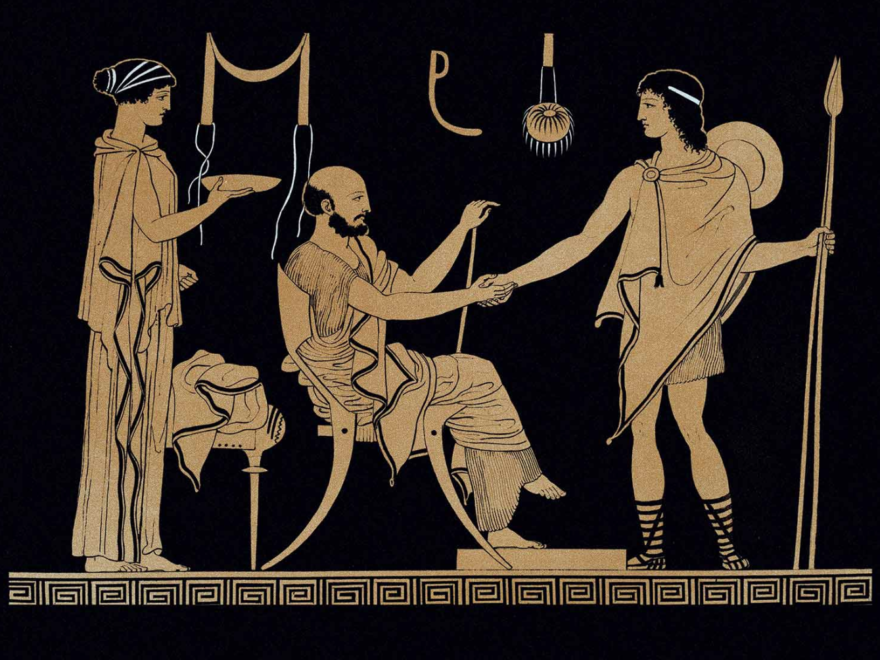
Creating Culture: The Ultimate Habit Training Tool
The lily of the valley (Convallaria majalis) is such a lovely plant. By all appearances it is a delicate flowering plant. Dunbar refers to “the Lily of the Valley | With its soft, retiring ways.” in his poem “Lily of the Valley” (1913). Despite its appearance and reputation, the heartiness of the plant is one…
-

“Education is a Life”: Igniting a Love for Learning in the Classroom
“’Education is an atmosphere, a discipline, a life’––is perhaps the most complete and adequate definition of education we possess. It is a great thing to have said it; and our wiser posterity may see in that ‘profound and exquisite remark’ the fruition of a lifetime of critical effort (Charlotte Mason, Parents and Children, p. 33).…
-
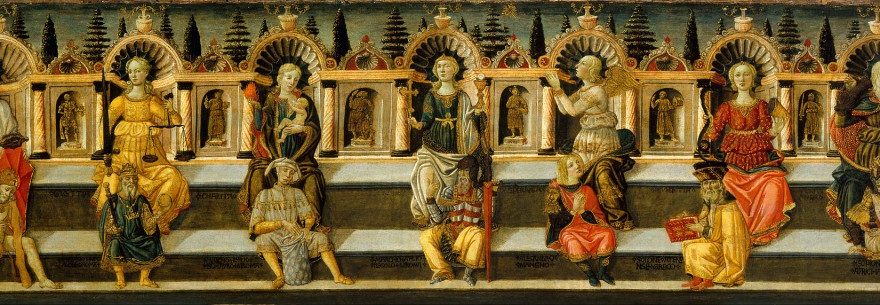
“Education is a Discipline”: Virtue Formation in the Classroom
“’Education is an atmosphere, a discipline, a life’––is perhaps the most complete and adequate definition of education we possess. It is a great thing to have said it; and our wiser posterity may see in that ‘profound and exquisite remark’ the fruition of a lifetime of critical effort (Charlotte Mason, Parents and Children, p. 33).…
-

“Education is an Atmosphere”: Foundations for a Christian “Paideia”
‘Education is an atmosphere, a discipline, a life’––is perhaps the most complete and adequate definition of education we possess. It is a great thing to have said it; and our wiser posterity may see in that ‘profound and exquisite remark’ the fruition of a lifetime of critical effort. Charlotte Mason, Parents and Children, p. 33…
-

7 Notable Schools: Educational Renewal across the Globe
I visited Ireland a few weeks ago and met with a group of homeschool parents just outside Dublin. As I was presenting on Charlotte Mason’s method of narration, it struck me that the principles and values of our educational renewal movement are not beholden to one single culture. Across the globe a Christian liberal arts…
-
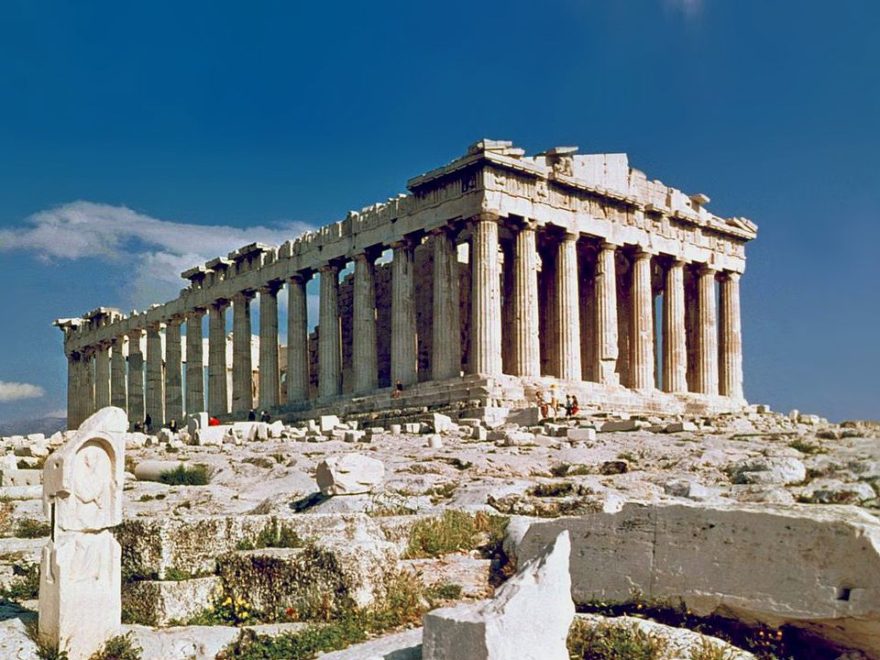
C.S. Lewis and Two Types of Education
Our educational renewal movement champions a return to the life-giving role great books play in forming lives of flourishing for our students and for society. We want our students to gain an appreciation for great literature and to be devoted to life-long learning. So if our goal is appreciation, should we do away with exams…
-
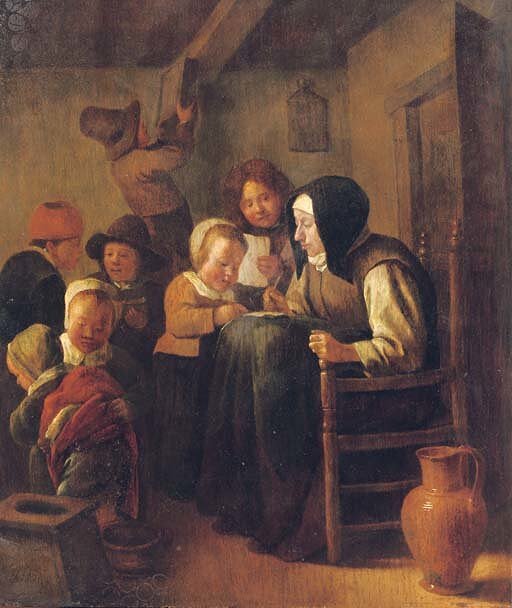
What is a Learner?: Reading Charlotte Mason through Aristotle’s Four Causes
The goals and aims of our educational renewal movement center not on the quality of our curriculum or the quality of our teacher. Instead, the quality of learning is the true test of whether we are providing something of lasting value and worth. To that end, I have taken a look at the learner and…
-

Apprenticeship in the Arts, Part 5: Structuring the Academy for Christian Artistry
In the previous article we explored the need to counter the passion mindset of our current career counseling by replacing it with a craftsman mindset drawn from a proper understanding of apprenticeship in the arts. Apprenticing students in various forms of artistry (including the liberal arts) constitutes the role of the Academy that is most…
-
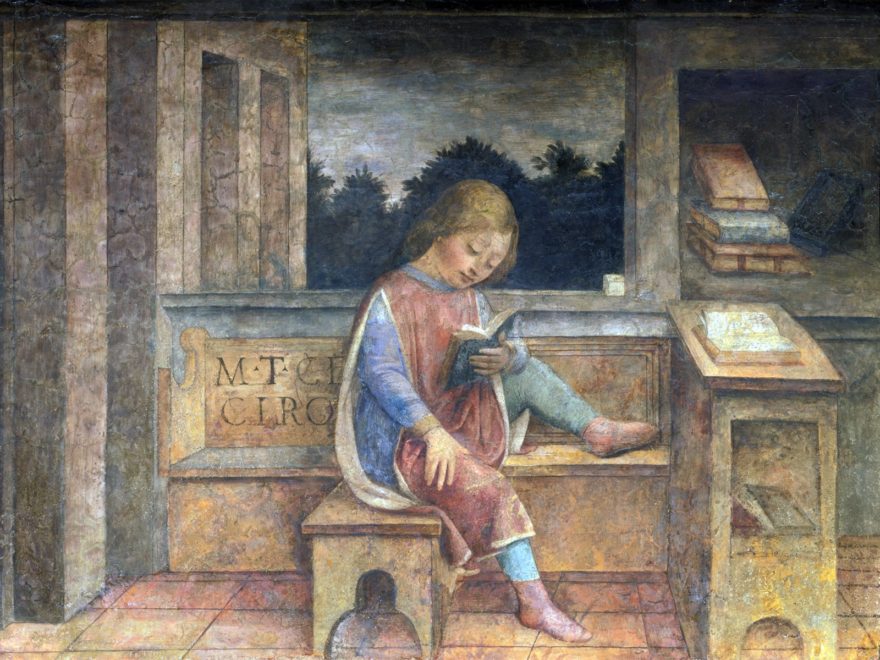
Renaissance Children: How Our View of Children Shapes Our Educational Aims
Perhaps no figure in Twentieth century America captured the idealization of childhood innocence better than Norman Rockwell. His paintings, appearing regularly on The Saturday Evening Post, often included children who evoked an innocence untouched by hard realities that grown ups experienced through the Great Depression and two World Wars. Consider the painting Marble Champion. This…
